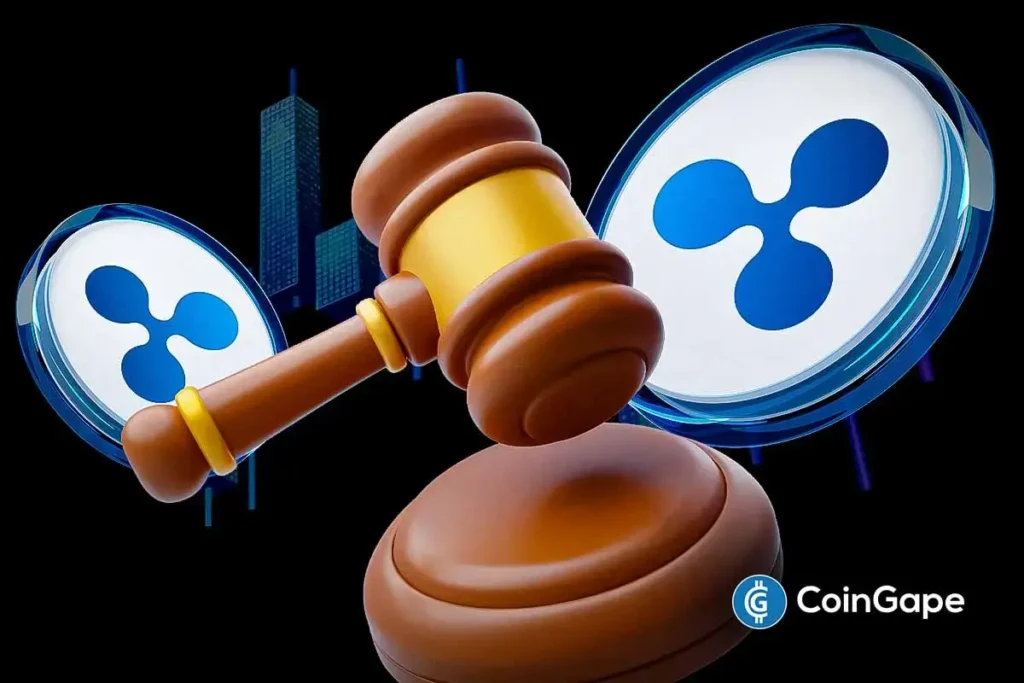Understanding the Ripple vs SEC Lawsuit: Current Status and Implications for XRP
The Ripple lawsuit against the SEC has stirred significant discourse in the cryptocurrency community, especially after Ripple’s withdrawal of its cross-appeal. However, it’s crucial to recognize that the legal battle is still in motion, as noted by former SEC lawyer Marc Fagel. His insights clarify that the case won’t fully conclude until the SEC decides to call off its appeal. This article delves deeper into the ramifications of these legal proceedings, the implications of the settlement, and the broader impact on XRP.
The Case Isn’t Fully Closed Yet
Despite the XRP community’s celebration surrounding what many perceive as a settlement in the Ripple vs SEC lawsuit, Fagel challenges that perspective, claiming the case is prolonging until the SEC effectively removes its appeal. He expressed optimism that the SEC would eventually retract its appeal, paving the way for a final resolution. This presents a crucial point for XRP holders—without the SEC’s official withdrawal, the uncertainty surrounding regulatory scrutiny remains.
The SEC’s Voting Dilemma
Complications arise when examining the SEC’s prior votes, particularly regarding whether they have included an authorization to drop the appeal as part of the settlement agreement. XRP lawyer Bill Morgan raised pertinent questions about whether another vote would be necessary, given the conditional nature of the settlement. Fagel highlighted that while the SEC voted to endorse a settlement agreement, this does not implicate that they voted to dismiss the entire case, raising questions about the procedural intricacies and possible redundancy of actions needed to put an end to the litigation.
Misinterpretations of the Settlement
While some critics interpret Ripple’s reported settlement as an implicit admission of wrongdoing, Morgan refutes that idea, emphasizing that settlements often do not entail any admission of liability. He argues that Ripple has never conceded that its sales to institutions constituted investment contracts. This assertion underscores the need for clarity around legal terminology and settlement contexts, an aspect often overlooked in public discourse.
The Core Win for Ripple
A common misunderstanding involves the implications of Judge Torres’ ruling that XRP does not qualify as a security in retail scenarios. Morgan clarifies that the pivotal victory for Ripple was rooted in the court’s determination that XRP itself is not a security at all. This finding stands on solid ground, asserting that XRP, independent of transaction circumstances, aligns more closely with commodity status. This distinction is vital as it influences how XRP is treated under regulatory frameworks moving forward.
Future Implications and Market Directions
The ongoing SEC appeal and the nature of the settlement will undoubtedly shape XRP’s trajectory in the cryptocurrency market. The unique circumstances surrounding this case reveal that, while there may be optimism about a resolution, regulatory clarity remains at stake. For investors and XRP holders, the situation offers critical lessons about navigating legal complexities in the ever-evolving crypto landscape.
Conclusion
In conclusion, although the discussions surrounding the Ripple vs SEC lawsuit have taken a celebratory turn following Ripple’s withdrawal of its cross-appeal, the legal dispute is far from over. The actions of the SEC will be pivotal in determining the ultimate outcome. As the cryptocurrency market continues to evolve alongside these legal developments, stakeholders must remain vigilant and informed, navigating the complexities with a clear understanding of the implications for XRP and the wider crypto community.


